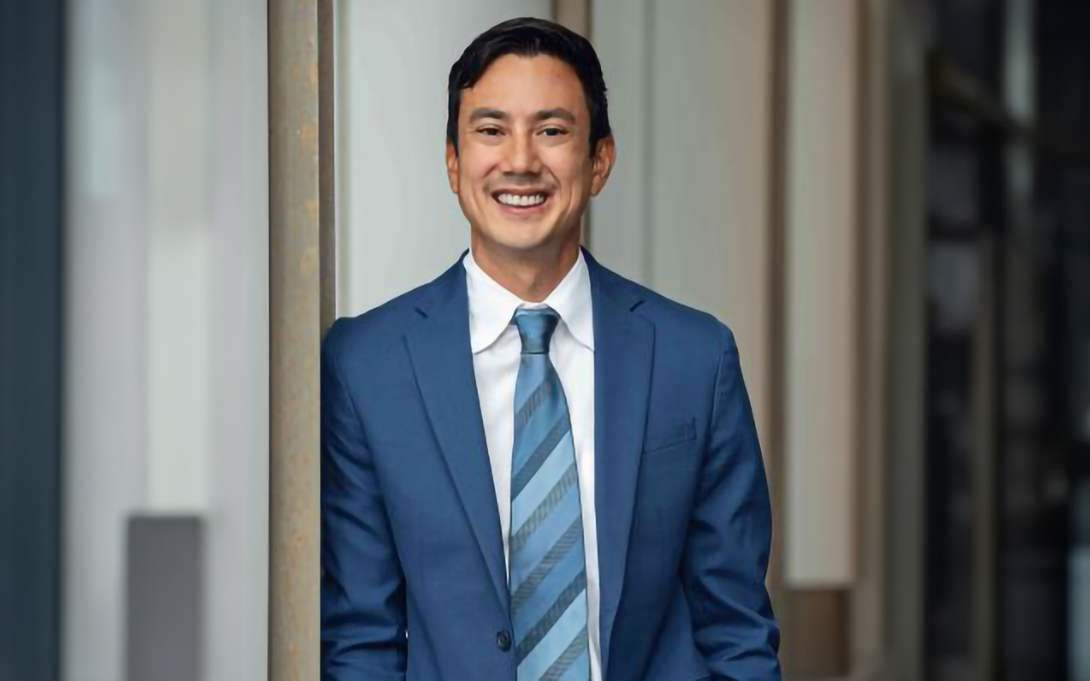Why Substitute Teachers Matter and How Policy and Working Conditions Shape Their Decisions
Speaker
Dr. Chris TorresDate & time
Location

Educator staffing shortages have drawn considerable attention from policymakers and the public in recent years. While much attention is directed towards K-12 teachers, there is growing concern about shortages of substitute teachers because of the negative impact on teachers and administrators when schools regularly have insufficient staff to cover teacher absences and vacancies (Diliberti & Schwartz, 2023; Zuo et al., 2023). Despite this problem, few studies assess the state of the substitute teacher labor market or how substitutes experience the job in ways that affect their willingness to work. This talk presents results from a mixed method study on Michigan’s substitute teacher labor market, focusing on: 1) state-level trends in the Michigan substitute teacher labor market from 2018-2021, 2) survey results on career decisions and perceptions of working conditions from a simple random sample of 525 substitute teachers, and 3) follow-up interviews with a purposive sample of substitute teachers on their experiences of working conditions and how they made decisions about whether and where to work.
BIO
Chris Torres is an Associate Professor of Educational Policy and Leadership in the University of Michigan’s Marsal Family School of Education. He is broadly interested in how leadership and policy can stabilize and strengthen school improvement efforts and teaching as a profession. His scholarship focuses on educators’ careers in two ways: how they make their career decisions and how hiring and turnover influences and constrains the capacity and improvement efforts of schools and districts. He has studied these issues in the context of school choice and accountability reforms such as “no-excuses” charter school systems, school turnaround implementation, and urban Portfolio Management governance models.
